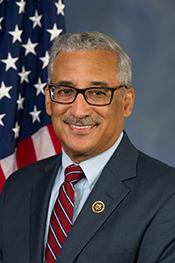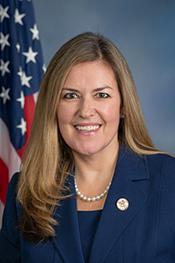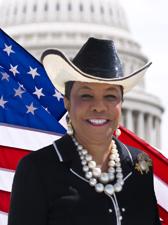0
Do No Harm Act
1/11/2023, 1:47 PM
Summary of Bill HR 1378
The bill seeks to clarify that the Religious Freedom Restoration Act should not be interpreted in a way that allows individuals or organizations to use their religious beliefs as a justification for denying others their civil rights or protections under the law. This includes protections against discrimination based on factors such as race, gender, sexual orientation, or disability.
The Do No Harm Act aims to strike a balance between protecting religious freedom and ensuring that individuals are not harmed or discriminated against in the name of religion. It seeks to uphold the principle that everyone should be treated equally under the law, regardless of their religious beliefs. Overall, the Do No Harm Act is intended to promote fairness, equality, and respect for all individuals, while also upholding the importance of religious freedom in the United States. It is currently being debated and considered by Congress as a potential piece of legislation to be passed into law.
Congressional Summary of HR 1378
Do No Harm Act
This bill prohibits the application of the Religious Freedom Restoration Act of 1993 (RFRA) to specified federal laws or the implementation of such laws. Currently, RFRA prohibits the government from substantially burdening a person's exercise of religion even if the burden results from a rule of general applicability, except in furtherance of a compelling governmental interest when using the least restrictive means.
Under the bill, RFRA is inapplicable to laws or the implementation of laws that
- protect against discrimination or the promotion of equal opportunity (e.g., the Civil Rights Act of 1964);
- require employers to provide wages, other compensation, or benefits, including leave;
- protect collective activity in the workplace;
- protect against child labor, abuse, or exploitation; or
- provide for access to, information about, referrals for, provision of, or coverage for, any health care item or service.
The bill prevents RFRA from being used to deny (1) goods or services the government has contracted, granted, or made an agreement to provide to a beneficiary of or participant in a program or activity funded by such government contract, grant, agreement, or other award; or (2) a person's full and equal enjoyment of a government-provided good, service, benefit, facility, privilege, advantage, or accommodation.
In order for a person to assert a RFRA claim or defense in a judicial proceeding, the government must be a party to the proceeding.




